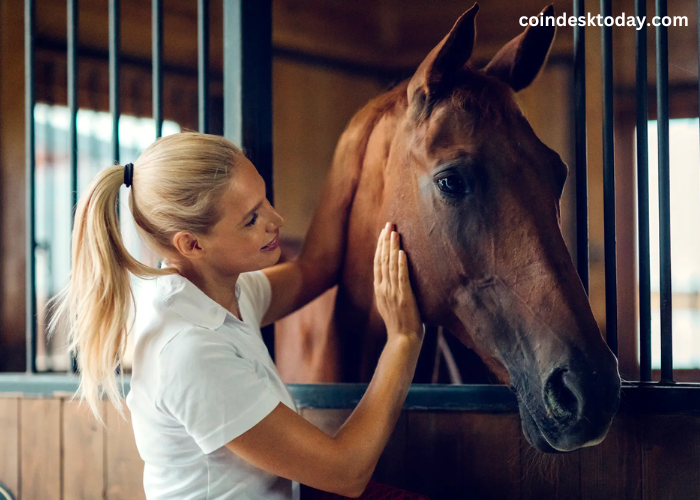Horses have galloped through the annals of human history, leaving hoofprints that have profoundly shaped civilizations, cultures, and individuals. The majestic horse, with its powerful physique, intelligent eyes, and graceful movements, has not only been a steadfast companion but also a symbol of freedom, strength, and beauty. This enduring relationship between humans and equines is a testament to a deep-seated bond that transcends mere utility and enters the realm of partnership and mutual respect. Discover the ultimate online resource for casacourse. Enhance your knowledge and skills with our comprehensive courses. Join us today!
Historical Significance
From the steppes of ancient Eurasia to the battlefields of medieval Europe, horses have been integral to human progress. Domesticated around 4000 BCE, these noble creatures revolutionized transportation, agriculture, and warfare. The mobility provided by horses allowed for the expansion of territories, the establishment of trade routes, and the mingling of distant cultures. Iconic images of knights in shining armor, mounted on robust steeds, or Native American warriors riding bareback across the plains, highlight the pivotal role horses played in shaping societies.
Cultural Impact
Horses have galloped into the realms of art, literature, and mythology, leaving an indelible mark on human culture. In Greek mythology, the winged horse Pegasus symbolizes inspiration and poetic genius. In literature, horses often serve as symbols of freedom and wildness, as seen in Anna Sewell’s “Black Beauty” and Michael Morpurgo’s “War Horse.” These stories capture the essence of the horse-human connection, emphasizing themes of loyalty, courage, and empathy.
The Emotional Bond
The relationship between humans and horses extends beyond practical utility to encompass emotional and psychological dimensions. Equine therapy, or hippotherapy, leverages the calming presence and rhythmic movement of horses to assist individuals with physical, emotional, and developmental challenges. The intuitive nature of horses enables them to respond to human emotions, making them exceptional companions for those seeking solace and healing.
Modern Partnerships
In contemporary times, the bond between humans and horses continues to thrive in various forms. Equestrian sports such as dressage, show jumping, and eventing celebrate the harmonious partnership between rider and horse. These disciplines require a deep understanding and mutual trust, showcasing the elegance and athleticism of both parties. Recreational riding, trail riding, and even horse-assisted activities for personal development and team building further exemplify the versatility and enduring appeal of these magnificent animals.
Preservation and Advocacy
Despite their historical and cultural significance, horses face challenges in the modern world. Issues such as habitat loss, abandonment, and overbreeding pose threats to their well-being. Numerous organizations and individuals are dedicated to the preservation and welfare of horses, advocating for responsible breeding practices, rescue operations, and sanctuaries. The conservation of wild horse populations, particularly in regions like North America where mustangs roam free, highlights the ongoing efforts to maintain the legacy of these majestic creatures.
Conclusion
The bond between humans and horses is a unique and profound connection that has stood the test of time. From ancient partnerships forged on the battlefield to contemporary relationships built in arenas and therapeutic settings, horses have been steadfast companions, teachers, and friends. Their majesty lies not only in their physical beauty and prowess but also in their ability to connect with the human spirit on an emotional and psychological level. As we continue to honor and cherish these noble beings, we ensure that the legacy of the majestic horse endures for generations to come.

